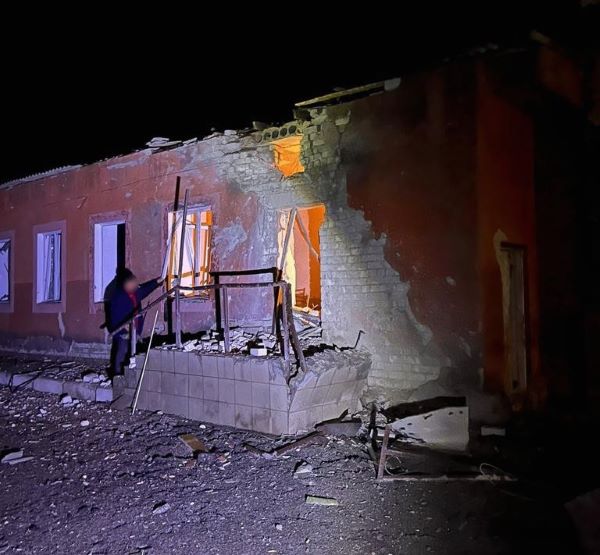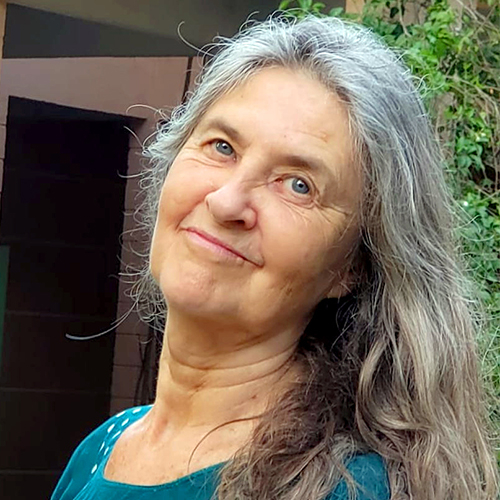Ukrainian-Canadian midwife supports midwives in Ukraine; Emergency skills and association recognition at the ICM top of agenda

January 25, 2023
Photo: Maternity ward of Kherson City Clinical Hospital after Russian shelling on 27 December 2022.
Attribution: National Police of Ukraine, CC BY 4.0, via Wikimedia Commons.
Midwives in Ukraine have united to form the first Association of Midwives of Ukraine, thanks in part to the efforts of Betty-Anne Daviss, an Ontario midwife, educator, and researcher with historical family ties to Ukraine. Daviss recently traveled to Ukraine where she offered a series of workshops for midwives, obstetricians, and other perinatal specialists from across the country working on the frontlines of the war, focusing on clinical skills for intrapartum emergencies. The workshops were timely for a country whose medical infrastructure has been gravely compromised by the ongoing conflict.

The workshops were organized by a small team of dedicated local leads and funded through donations from local and international supporters. Over three days, Daviss provided training to 56 attendees in managing vaginal breech births, postpartum hemorrhage, shoulder dystocia, undiagnosed twins, cord prolapse and other emergencies. Daviss also seized the opportunity to discuss concepts from the Canadian midwifery model of care like informed choice, choice of birthplace and midwife autonomy.
The March 2022 bombing of a maternity ward and hospital in Mariupol highlighted the vulnerability of pregnant Ukrainians in accessing safe places to give birth in wartime. Since the beginning of the war in Ukraine, stories of births occurring in bomb shelters during air strikes have been reported by the international press. Home birth is currently unsupported by the state and most births take place in hospital settings where very few practitioners have ever attended an out-of-hospital birth. The interdisciplinary workshops enabled both midwives and physicians to build their capacity to provide perinatal care outside of their typical environment and opened conversations about how to effectively protect birth in the immediate crisis and beyond. In this emergency wartime context, a role for well-trained midwives in providing autonomous frontline care for uncomplicated pregnancies has been clearly articulated by midwives on the ground working for change.
As during other humanitarian crises, international midwifery associations and individual midwives have led direct relief efforts in Ukraine’s emergency response. In neighbouring Poland, a collaboration with Dobrze Rodzeni / Well Born, a Polish organization of midwives, doulas, psychologists and lactation consultants, has facilitated a pathway for Ukrainian midwives to gain practical home birth experience under the guidance of Polish midwives. The group has also received funding to collect, assemble and deliver birth kits to areas around Ukraine without obstetric care.
To date, the new Association of Midwives of Ukraine has already named a president, joined the International Confederation of Midwives (ICM) and drafted an abstract that has been approved for presentation at the next ICM conference in Bali. Donations to continue the emergency clinical skills workshops are still being accepted.
